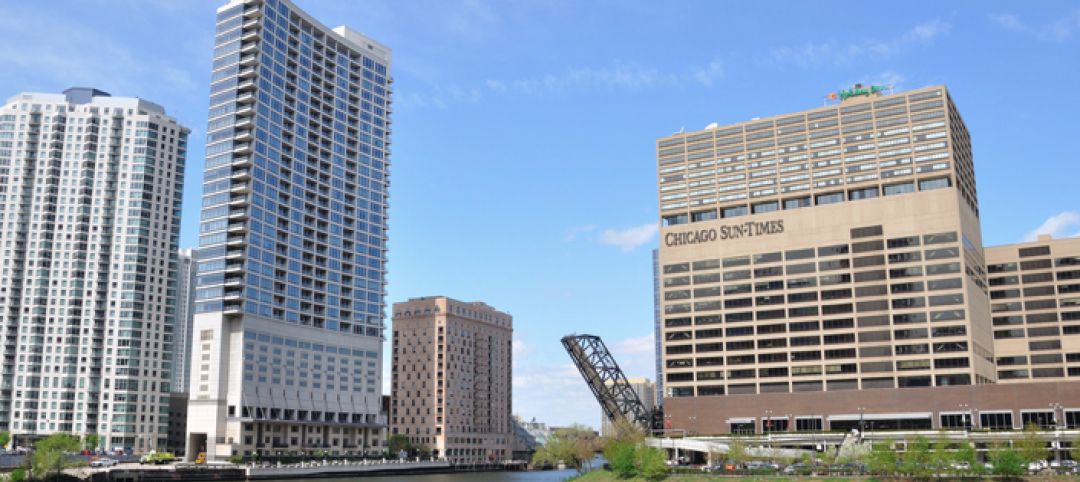Cornell University announced a shortlist of six renowned architectural firms for the planned CornellNYC Tech campus’s core academic building on Roosevelt Island.
The six finalists were short-listed from a leading field of 43 international and national firms that were selected for their consistently exceptional portfolios of work relevant to the planned new building.
The finalists are:
- Skidmore, Owings & Merrill (SOM)
- OMA (Office for Metropolitan Architecture)
- Diller Scofidio + Renfro
- Morphosis Architects
- Steven Holl Architects
- Bohlin Cywinski Jackson
Each of the firms will be asked to assemble a team of consultants and prepare for an interview to discuss their team’s capabilities to successfully design the university’s project. Cornell is planning to select and contract with one of the firms by this April.
In preparation for the design phase, Cornell is working with the SOM team that developed the successful tech campus proposal, to define an overall campus plan that will serve as the framework for all future new buildings and public spaces.
The planned new building will set the standard for the future development of the site.
Cornell’s plan is to make this first building “net zero,” meaning that the amount of energy its occupants use in one-year equals the amount produced on the island. Beyond the first core academic building, future projects for the campus include residences for faculty, staff and graduate students and corporate space that will be designed to achieve LEED Silver or higher certification.
The CornellNYC Tech campus, which will house the Technion-Cornell Innovation Institute, will be a new type of academic enterprise, with a focus on the intersection between academia and the private sector, that will fulfill New York Mayor Michael Bloomberg’s vision of transforming the city into a world hub of innovation and technology commercialization. BD+C
Related Stories
| Jun 11, 2012
Hill International selected as CM for Porto Arabia Towers in Qatar
The complex is a mixed-use development featuring both residential and commercial properties.
| Jun 8, 2012
Living Building Challenge wins the 2012 Buckminster Fuller Challenge
The Living Building Challenge was chosen from a pool of 122 of entries from around the world.
| Jun 8, 2012
Nauset Construction completing sustainable dorm for Brooks School
Student input on green elements provides learning experience.
| Jun 8, 2012
Skyline Construction names Millitello president
Millitello is a 31-year veteran who has overseen the construction of campus-size projects.
| Jun 8, 2012
Thornton Tomasetti/Fore Solutions provides consulting for renovation at Tufts School of Dental Medicine
Project receives LEED Gold certification.
| Jun 8, 2012
Allsteel names Kris Yates to head architectural products group
Yates is responsible for the start up, launch and ongoing sales and marketing of Allsteel’s new Beyond movable walls.
| Jun 8, 2012
Chestnut Hill College dedicates Jack and Rosemary Murphy Gulati complex
Casaccio Yu Architects designed the 11,300-sf fitness and social complex.
| Jun 7, 2012
Waterline exhibition displays visions for re-thinking the Chicago River
The designs of Waterline showcase why the Chicago River should once again be considered the city’s most important asset and sets the stage for increased awareness, education and reinvention of the River.
















